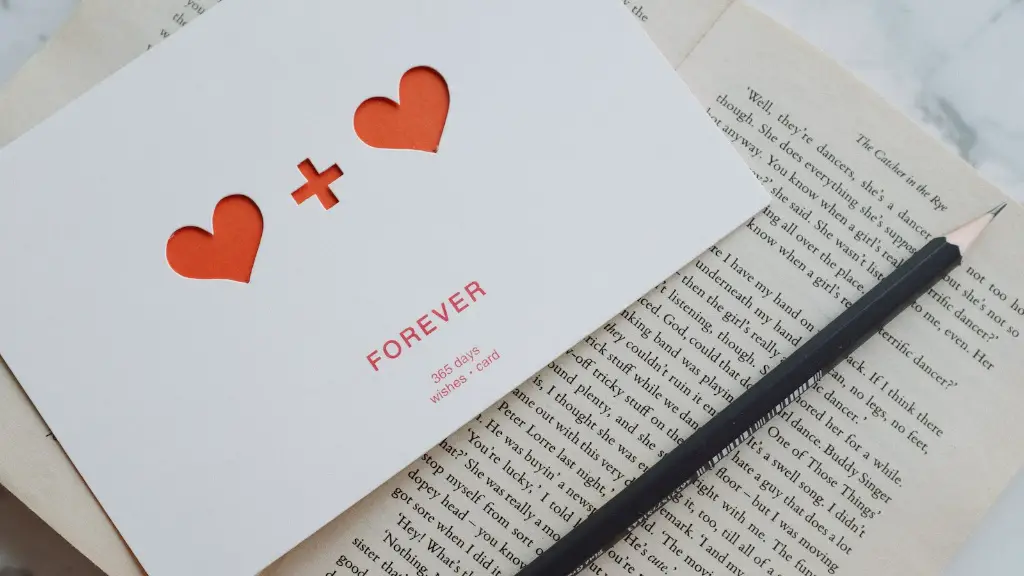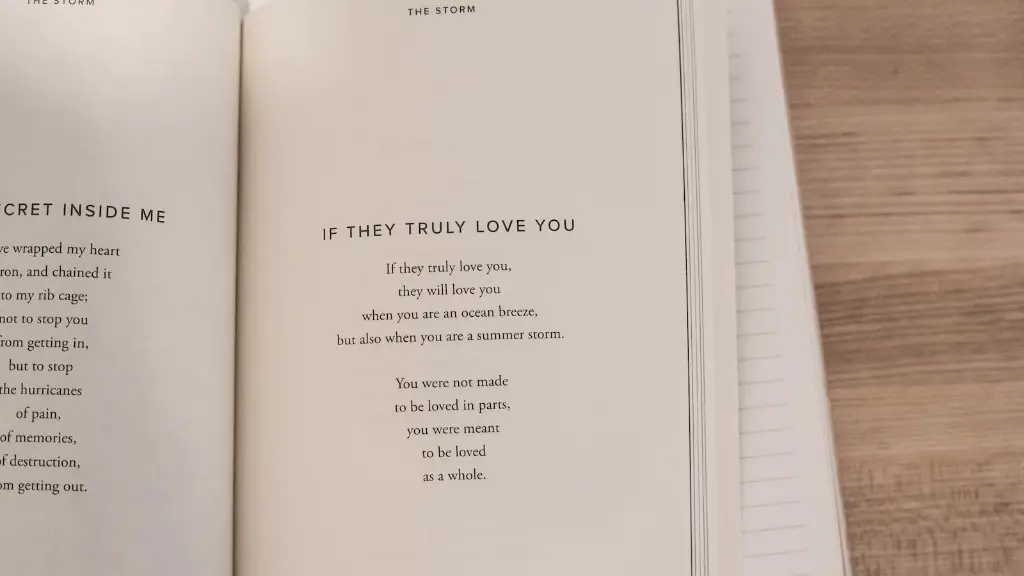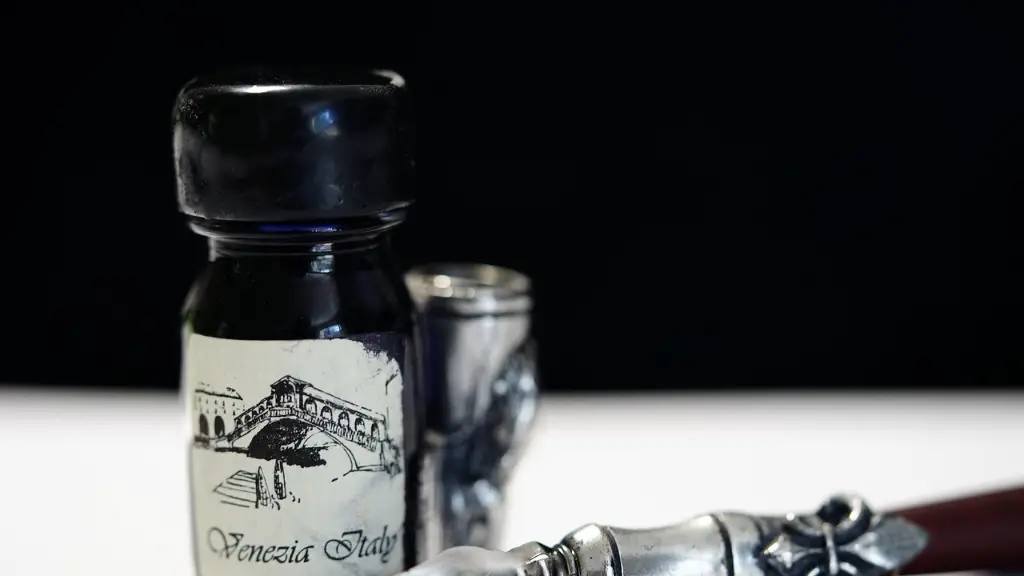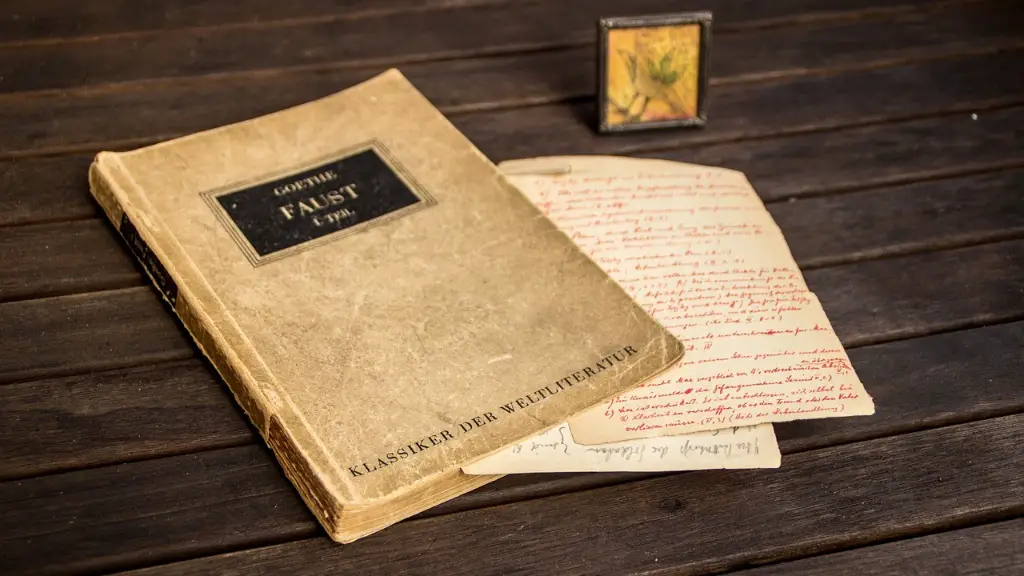How to Write Cowboy Poetry
Cowboy poetry is an art form as old as the American West.Often referred to as Western Americana, cowboy poetry has long been used to tell tales of trail riding and campfires deep in the heart of America’s wild lands. So, if you’ve ever wanted to know how to write cowboy poetry like the old-timers, you’re in luck. Here are some tips and tricks on how to write cowboy poetry that will have your friends and family impressed by your skill.
Choose Your Subject
When you sit down to write a cowboy poem, the first step is to find an interesting topic to write about. Think of a wild adventure, a situation you’ve encountered, or a real-life cowboy character that you can draw inspiration from. Whatever you choose, make sure it’s something that will make an entertaining and entertainingly educational poem.
Research the Subject
Some cowboy poetry makes use of language and terms from the cowboy heyday, such as cattle brands, saddle slang, and other words associated with the western life. Before you start writing, do some research to learn about the language of the Old West, so you can properly use cowboy lingo in your poem. While it isn’t necessary to get the language right, it can certainly make your poem a lot more authentic.
Write a Rhyme Scheme
One of the important elements of cowboy poetry is its rhyming structure. There’s no “right” or “wrong” rhyme scheme when it comes to cowboy poetry, but some of the most popular are ABAB, AABB, and ABBA. Rhyming helps to give your poem structure and can add to the overall aesthetic. It’s also a great way to add humor and make the poem sound more like the old-time cowboys would have spoken.
Select a Meter
Cowboy poetry often follows a specific pattern when it comes to the meter of the poem. It’s often written in iambic pentameter, which means each line follows an alternating pattern of unstressed and stressed syllables. This type of meter helps to keep the poem from becoming frantic or jumbled, and helps to keep the listener on track while they’re listening to it.
Add Colorful Details
The Old West was full of interesting characters and colorful stories. To give your cowboy poetry life, try adding elements of those stories into your writing. Ask yourself questions like: what did the cowboy look like? What did his horse look like? Where did they ride? What type of work did they do? What type of life did they lead? By answering these questions and adding details, your poem will come alive with color and depth.
Polish the Poem
After you finish your poem, take some time to review it and make sure it flows properly and reads well. Read it out loud and listen for any awkward phrasing or unnatural language. Make sure that the rhyme and meter are followed throughout the poem and that the poem doesn’t become too complicated or too long. Reading your poem out loud will help you catch any potential problems.
Types of Cowboy Poetry
When writing cowboy poetry, it’s important to understand the different types and styles available. Some styles are historical, while others are more modern. There are also performance versions and versions written specifically for print. Researching the different types will give you a better understanding of what’s out there, and which type you want to write.
Once you’ve finished your poem, it’s time to share it with the world. Consider performing your piece at a local open mic night or submit it to an online publication. You can also explore social media and creation sites, like Tumblr or DeviantArt, which are platforms specifically designed for creators to showcase their work.
The Benefits of Cowboy Poetry
Writing and performing cowboy poetry offers many benefits. Not only is it a way to document and preserve the culture and heritage of the Old West, but it’s also a great way to express yourself creatively. Writing cowboy poetry also helps to spread appreciation for the culture and lifeways of these long gone times. Whether you’re a poet or a historian, you can help to document this important era of our nation’s history with the art of cowboy poetry.
Political and Societal Implications
The topics addressed in cowboy poetry differ from those in more mainstream genres, which can lead to some tough conversations. In many instances, cowboys weighed their discussions on a variety of issues including Indigenous rights, labor unions and religious beliefs. If you decide to approach these tough issues in your cowboy poetry, be sure to look into different perspectives, including those of others who come from different backgrounds and experiences.
Musical Influences
Just like in other genres, cowboy poetry has been influenced by musical elements such as melodies, scales, and tempo. It’s not just about simply putting words on paper when it comes to writing cowboy poetry – it can involve creating a melodic pattern of words, filled with meter and love. Choose an appropriate song or two to use as the music in your cowboy poem. This will add a unique flair to your piece, and the melody will help to illuminate the story.
Opportunities to Perform
After you’ve written your cowboy poem, you’ll need to find some opportunities to perform it. Consider doing an open mic night in your community, or you could look for specific cowboy organizations that are looking for poets. You can also look for websites dedicated to hosting spoken word performances, where you can post your poem and get feedback from other poets.
Tips to Enhance Performance
Performance is key when it comes to making your cowboy poem memorable. If you’re going to perform your poem, you’ll want to make sure you practice beforehand. Memorize your poem and practice saying it out loud to ensure that it comes out sounding natural. Also, be sure to be creative with your performance. Adding in hand gestures, facial expressions, and pauses can go a long way in making your performance even more engaging and enjoyable.



